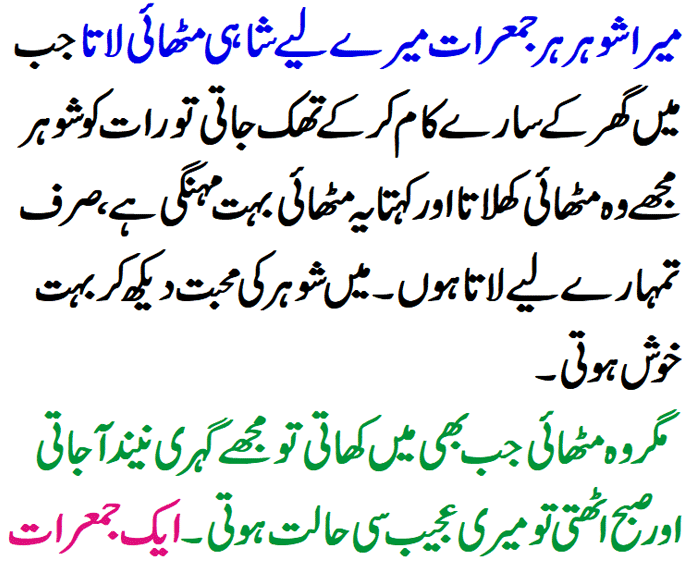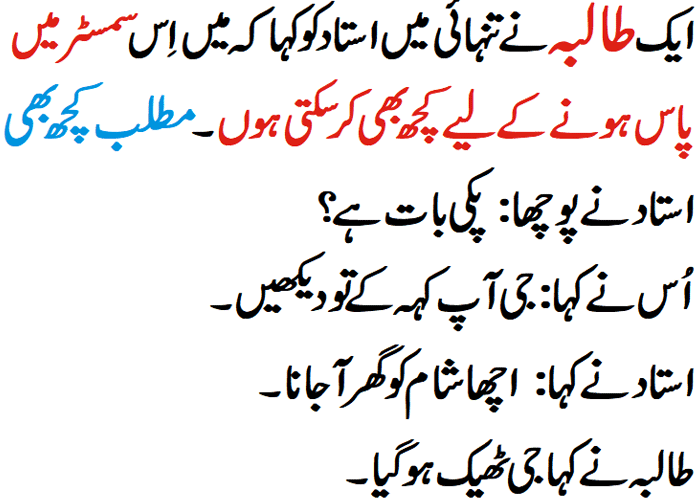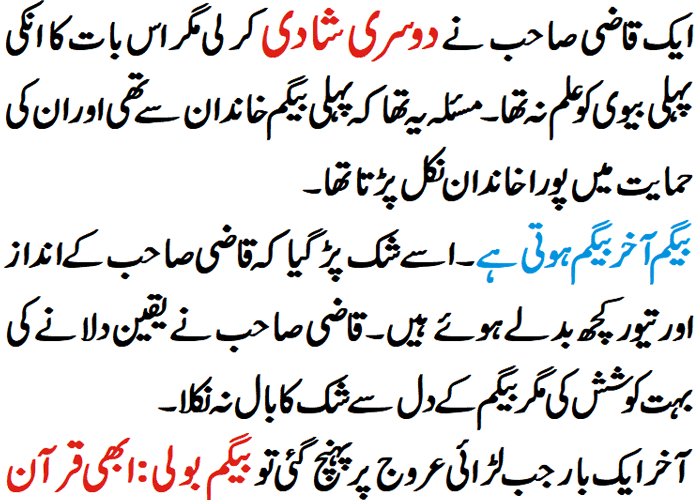
The 21-Day Low Carb Challenge is a popular way to jumpstart weight loss, improve energy levels, and develop healthier eating habits. Reducing your carbohydrate intake and focusing on nutrient-dense foods can reset your metabolism and set you up for long-term success. Whether you’re looking to shed a few pounds or feel better, this challenge offers a structured yet flexible approach to making lasting changes.
What Is the 21 Day Low Carb Challenge?
The 21 Day Low Carb Challenge is a three-week program designed to help you reduce your carbohydrate intake. The goal is to consume fewer than 50 grams of carbs per day, primarily focusing on whole foods like vegetables, lean proteins, and healthy fats. This challenge is not about strict dieting or deprivation; instead, it’s about making conscious choices to eliminate processed foods and sugars, which are often the main sources of excess carbs.
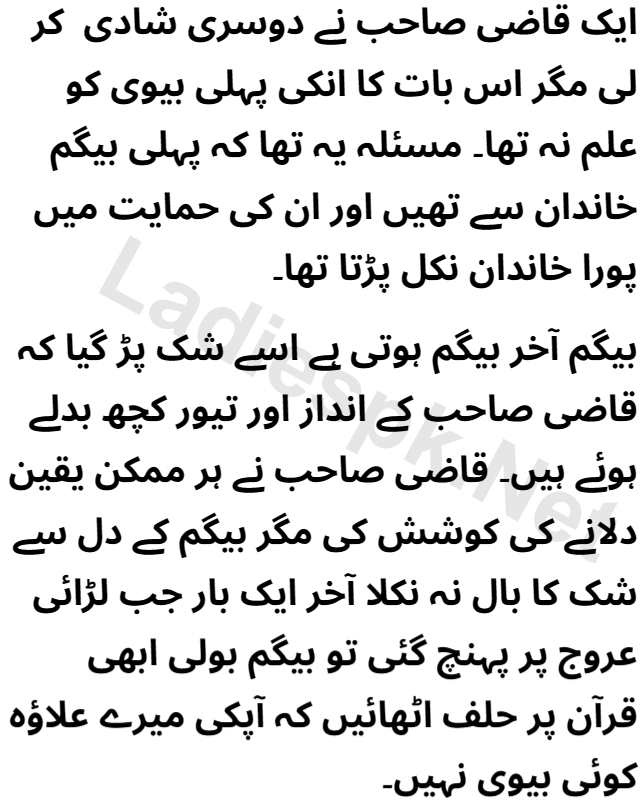
Why Try a Low Carb Challenge?
Reducing carbs has several benefits, especially if you’re looking to lose weight or improve your overall health. When you lower your carb intake, your body enters a state called ketosis, where it burns fat for energy instead of glucose. This can lead to more efficient fat loss and reduced cravings for sugary foods.

Other benefits of a low carb diet include:
Increased Energy: By stabilizing your blood sugar levels, you’ll avoid energy crashes that often come with high-carb meals.
Better Mental Clarity: Many people report improved focus and mental sharpness when they reduce their carb intake.

Reduced Inflammation: Lowering carbs can help reduce inflammation in the body, which is linked to many chronic diseases.
Improved Heart Health: A diet low in carbs and high in healthy fats can improve cholesterol levels and reduce the risk of heart disease.
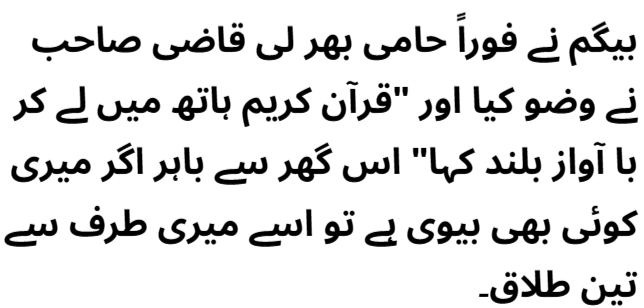
How to Prepare for the Challenge
Before starting the 21 Day Low Carb Challenge, it’s essential to prepare both mentally and physically. Here are some steps to help you get ready:
Set Clear Goals: What do you want to achieve by the end of the challenge? Whether it’s weight loss, better energy levels, or simply forming healthier habits, having a clear goal will keep you motivated.
Plan Your Meals: Meal planning is crucial for success in this challenge. Make a list of low-carb recipes and stock up on ingredients. Focus on whole foods like vegetables, lean meats, eggs, nuts, and seeds. Avoid processed foods, sugary snacks, and starchy vegetables like potatoes.
Understand Your Carbs: Not all carbs are created equal. While some carbs like those in vegetables are beneficial, others like refined sugars and white bread should be avoided. Familiarize yourself with which foods are low in carbs and which aren’t.
Clear Out Temptations: Remove high-carb foods from your home to avoid temptation. Replace them with low-carb snacks like nuts, cheese, and vegetables.
Hydrate: Drink plenty of water throughout the challenge. Staying hydrated is key to avoiding fatigue and helping your body adjust to the lower carb intake.
A Sample 21 Day Low Carb Plan
To make the challenge easier to follow, here’s a sample plan to guide you through the three weeks. Remember, this is just a starting point – feel free to adjust based on your preferences and goals.
Week 1: Transition Week
- Breakfast: Scrambled eggs with spinach and avocado
- Lunch: Grilled chicken salad with mixed greens, olive oil, and lemon dressing
- Dinner: Baked salmon with steamed broccoli and cauliflower rice
- Snacks: Nuts, cheese, or a small portion of Greek yogurt
Tips: Focus on getting comfortable with lower-carb meals. It’s normal to experience some cravings or fatigue during this week as your body adjusts.
Week 2: Fat-Burning Week
- Breakfast: Omelet with bell peppers, onions, and a side of bacon
- Lunch: Lettuce-wrapped turkey burger with avocado and a side of mixed vegetables
- Dinner: Stir-fried beef with zucchini noodles and a side of sautéed greens
- Snacks: Hard-boiled eggs, cucumber slices with hummus
Tips: By now, your body should be adapting to burning fat for fuel. You may notice increased energy and fewer cravings.
Week 3: Mastery Week
- Breakfast: Chia seed pudding with coconut milk and a handful of berries
- Lunch: Cobb salad with grilled chicken, bacon, eggs, and avocado
- Dinner: Grilled shrimp with asparagus and a side of mashed cauliflower
- Snacks: Almonds, cheese sticks, or a small handful of berries
Tips: This final week is about solidifying your new habits. Continue to experiment with different recipes and listen to your body’s hunger signals.
Tips for Success
To get the most out of the 21-Day Low Carb Challenge, keep these tips in mind:
- Stay Consistent: Consistency is key. Stick to the plan even on weekends or when you’re busy. Meal prep can be a lifesaver here.
- Listen to Your Body: Everyone’s body responds differently to a low-carb diet. If you’re feeling overly tired or unwell, consider adjusting your carb intake slightly or consulting a healthcare professional.
- Don’t Obsess Over the Scale: While weight loss is often a goal, don’t become too fixated on the scale. Pay attention to how you feel, how your clothes fit, and other non-scale victories.
- Stay Hydrated and Get Enough Sleep: Drinking water and getting enough sleep are crucial for maintaining energy levels and overall health during the challenge.
- Celebrate Your Success: Completing the 21-Day Low Carb Challenge is an achievement! Take time to reflect on your progress and how far you’ve come.
What’s Next?
After completing the 21-Day Low Carb Challenge, you may be wondering what to do next. Many people find that they enjoy the benefits of a low-carb lifestyle and choose to continue with it, either by maintaining the same carb levels or gradually reintroducing more carbs into their diet. The key is to find a balance that works for you and supports your long-term health goals.
Whether you decide to continue with a low-carb diet or transition to another eating plan, the habits and lessons you’ve learned during these 21 days will serve you well. Remember, the journey to better health is a marathon, not a sprint, and every step forward counts


